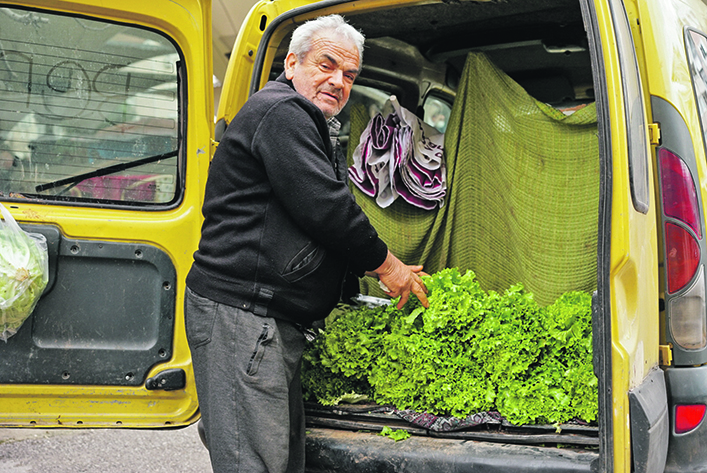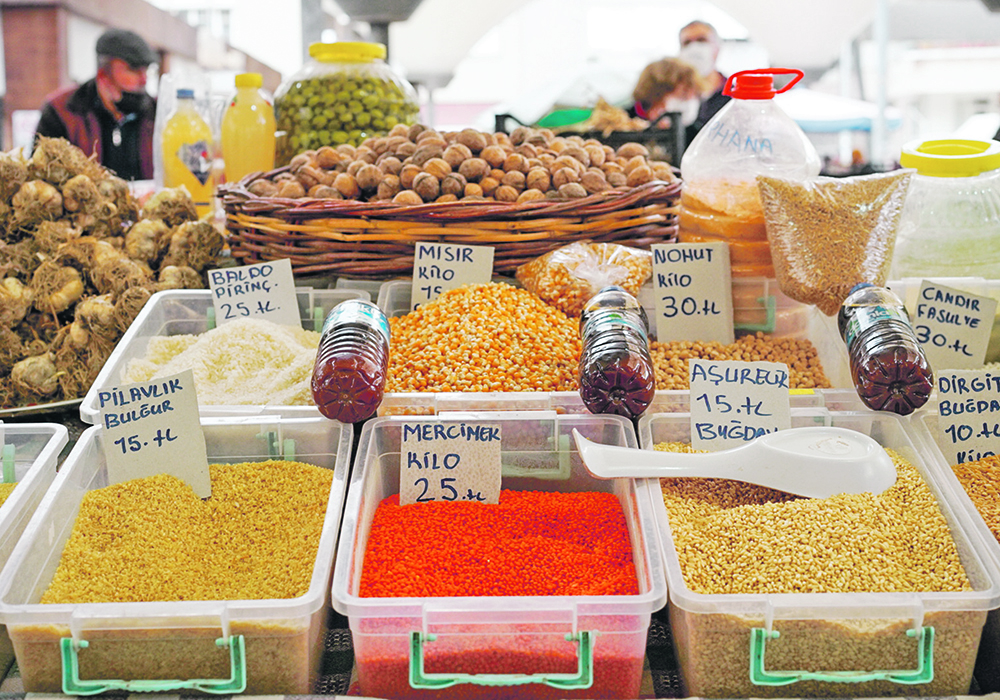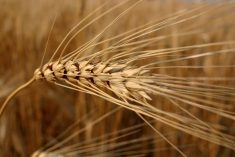Imports become more expensive as the country’s currency falls in value, affecting demand for Canadian crops like lentils
The wacky monetary beliefs of Turkey’s ruler might seem like just a curiosity, but they could make a real impact on special crop markets.
The tumbling value of the Turkish lira makes imports more expensive, pushing up the cost of Canadian crops like lentils for Turkish consumers.
“Devaluation makes everything far more expensive for importers, so that will discourage trade,” said Chuck Penner of LeftField Commodity Research.
“The sharp moves, from day to day and week to week… puts the fear of God into traders, who are very nervous.”
Most of the world’s grain trade is in U.S. dollars. If a non-U.S. currency falls in value while others remain stable, the price of grain will generally increase in terms of that falling currency. Existing purchase agreements that are hedged for the currency exposure aren’t affected much, but unhedged purchases can be badly affected.
And future purchases suddenly look much more expensive in domestic currency terms.
In 2021 the Turkish lira fall 44 percent in value compared to the dollar, badly undermining confidence. It also suffered extreme volatility, causing importers and exporters great uncertainty about the true cost of deals they might make.
“The Turkish currency situation is doing wild things with their kabuli (chickpea) prices when they’re converted to U.S. dollars,” said Penner in a Crop Week 2022 presentation.

Turkey is a significant market for Canadian lentils, and the lira has fallen relative to the loonie, so future trade will be more expensive for Turkish buyers.
Many developing nations experience currency volatility due to their reliance upon commodity production, the weakness of national financial and monetary systems, and distrust of their governments by international institutions and investors.
But Turkey’s situation is unusual. Its president, Recip Tayyip Erdogan, holds radical monetary views, such as believing that interest rate cuts can reduce inflation. That approach has been foisted on the nation’s central bank and inflation has surged since. It has cut interest rates from 19 percent to 14 percent since September and the inflation rate has surged to 36 percent.
That has hammered the value of the lira, despite continuing economic growth in Turkey. However, economists generally expect the Turkish economy to slow as the impact of a lower lira and spiralling import costs bite into the ability of Turkish businesses to operate.

How much that will bite into Canadian exports to Turkey remains to be seen, but it won’t help.
“A dropping currency is not good for anybody,” said John Duvenaud, publisher of the Wild Oats markets newsletter.
“It makes trade more difficult for everybody. It’s a global market and one of our customers is hurting.”
















